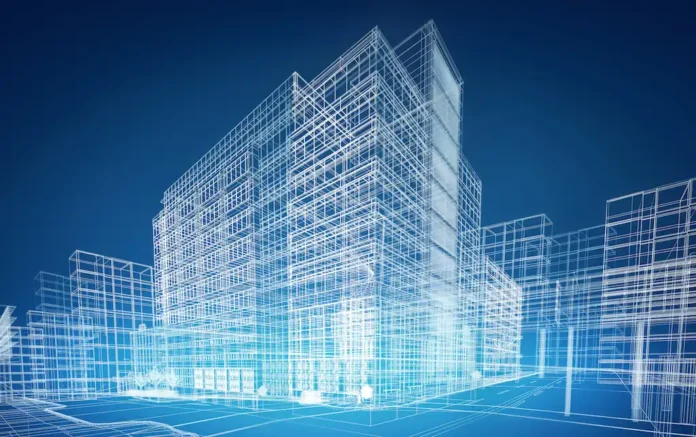Smart building management has radically changed the way we think about space. In the past, buildings were seen as static structures with fixed parameters that could only be modified through physical renovations. However, advances in technology and data-driven systems have transformed buildings into dynamic and responsive environments.
Today, smart building management systems enable businesses to optimize their use of space, saving time and resources while improving the overall experience for occupants. They do this by collecting and analyzing data from various building systems, such as lighting, HVAC, and security. This data is then used to make informed decisions about how to best utilize space and resources.
Benefits of Smart Building Management
One of the biggest advantages of smart building management is its ability to increase efficiency and reduce costs. By collecting real-time data, managers can identify areas where resources are being wasted, such as empty meeting rooms with lights and AC still running. This allows for better energy management and cost savings.
Additionally, smart building management systems can improve occupant comfort and productivity. For example, by monitoring temperature and humidity levels, the system can automatically adjust settings to create a more comfortable environment for employees. This not only leads to happier occupants but also increases productivity.
Last but not least, smart building management allows for more effective space utilization. By analyzing data on occupancy and usage patterns, managers can identify underutilized areas and repurpose them for better use. This could mean converting a storage room into a new conference room or coworking space.
How to Implement Smart Building Management
To implement a successful smart building management system, businesses need to invest in the right technology and infrastructure. This includes installing sensors and IoT devices throughout the building, as well as implementing a central management platform to collect and analyze data.
One of the key components of smart building management is a fanless PC. These specialized computers are designed to operate without any cooling fans, making them ideal for use in sensitive environments like offices and commercial buildings. Fanless PCs are not only energy-efficient but also produce less noise, creating a more comfortable and productive work environment.
The other critical element is a robust software platform that can integrate data from various building systems and provide real-time insights. This allows managers to monitor and control all building operations from a single dashboard, making it easier to identify opportunities for optimization.
In addition to the technology, it is essential to have a skilled team to manage and analyze the data collected by the system. This could include data analysts, building managers, and IT professionals who can work together to identify trends and make informed decisions.
The Future of Space Management
As technology continues to advance, smart building management will only become more prevalent. In the future, we can expect to see even more sophisticated systems that use artificial intelligence and machine learning to continuously optimize space utilization.
One of the most exciting prospects is the integration of smart building management with other smart city technologies. This could lead to a truly connected and efficient urban environment, where buildings communicate with each other and adjust operations accordingly. For example, if one building has an abundance of meeting rooms, it could share that information with neighboring buildings that may need additional space.
Additionally, as we continue to prioritize sustainability and energy efficiency, smart building management will play a crucial role in achieving these goals. By reducing waste and optimizing resources, these systems can help create more sustainable buildings and cities.
Conclusion
In conclusion, smart building management has transformed the way we think about space and its utilization. By leveraging technology and data, businesses can increase efficiency, improve occupant comfort and productivity, and make better use of their physical spaces. With continuous advancements in technology, the future of space management looks promising, with possibilities for a more connected, sustainable, and optimized built environment.
So let’s embrace this innovative approach to building management and see how it can change everything for the better. The potential benefits are endless, and we’re only scratching the surface of what is possible.


